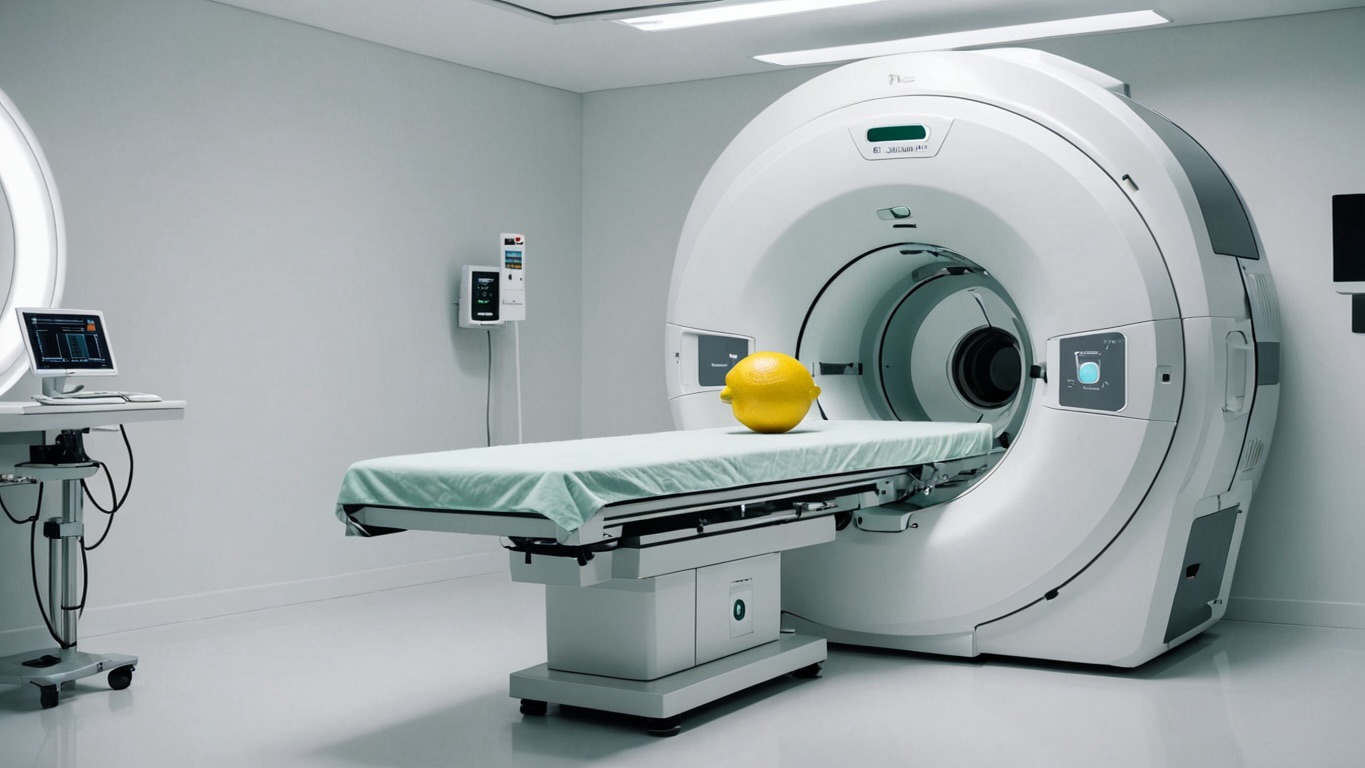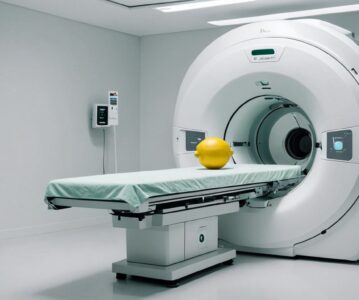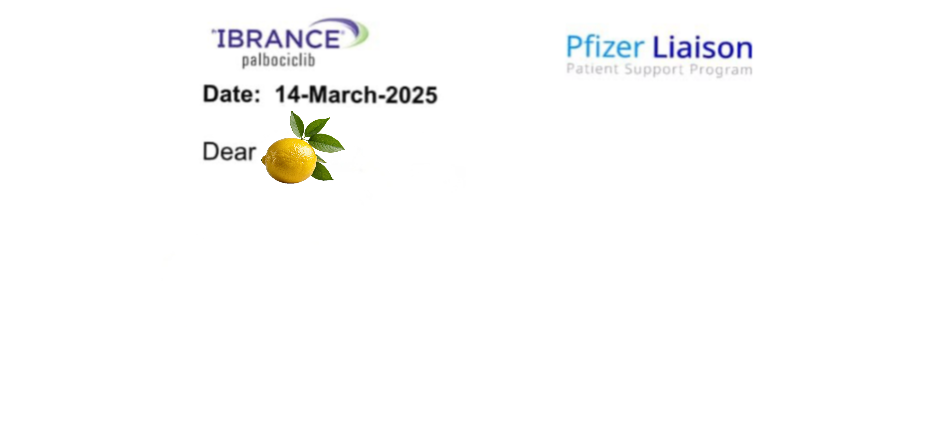The Power of Early Detection: Why Screening Matters
Cancer is a word that no one wants to hear, yet it’s a reality that touches too many lives. While we can’t always prevent it, we can take proactive steps to detect it early, when it’s most treatable. Early detection saves lives, and one of the most effective ways to achieve this is through regular screening.
Why Screening is Essential
Screening tests are designed to detect cancer before symptoms appear. By identifying abnormal changes early, these tests provide an opportunity for timely intervention, often making treatment less invasive and more successful. The earlier a cancer is found, the better the chances of survival.
For example, when breast cancer is detected at an early stage (Stage 0 or 1), the five-year survival rate is nearly 100%. However, for later-stage diagnoses, that number drops significantly. Trust me–I’m speaking from experience! The same is true for many other cancers, including colorectal, cervical, and lung cancer.
What Types of Cancer Screening are Available in Canada?
Different provinces and territories have their own guidelines for cancer screening, but in general, these programs are available for Canadians:
- Mammograms – X-ray imaging to detect breast cancer, recommended every two years for women aged 40 and older in most provinces.
- HPV Vaccination and Testing – HPV vaccinations are typically administered between the ages 9 and 25, and often times it is offered through school-based vaccination programs. Screening for cervical cancer, typically recommended every three years starting at age 25.
- Colorectal Screening (FIT Test or Colonoscopy) – A stool-based test or colonoscopy, often recommended every two years starting at age 50 (or earlier for those with a family history).
- Low-Dose CT Scans – Available in some provinces for detecting lung cancer in individuals at high risk, such as those with a history of heavy smoking.
It’s important to check your provincial health program, as guidelines and eligibility may vary. Some provinces now allow self-referral for mammograms, removing the need for a doctor’s requisition.
Barriers to Screening in Canada
While screening is widely available, many Canadians face barriers that prevent them from accessing these life-saving tests. Some common challenges include:
- Lack of a Family Doctor: Many Canadians do not have a primary care provider to discuss their screening needs or review results.
- Limited Access in Rural and Remote Areas: Screening facilities are often concentrated in urban centres, making access difficult for those in smaller communities.
- Long Wait Times: Backlogs in the healthcare system can delay both screening appointments and follow-up diagnostics.
- Awareness and Outreach Gaps: Some people simply don’t know they’re eligible for screening or may not receive timely reminders.
Overcoming the Barriers
If you don’t have a family doctor, you can still access many screening programs by contacting your provincial cancer screening organization directly. Some provinces allow self-referrals for certain tests like mammograms, while others offer telehealth services to connect patients with medical professionals.
For those in rural or remote areas, mobile screening clinics are expanding in some provinces, bringing services directly to underserved communities. If transportation is a challenge, consider reaching out to local health organizations that may offer support.
My Story: Why I Advocate for Screening
As someone navigating life with Stage IV cancer, I often wonder how different my story might have been if I had advocated more strongly when I asked for screening in my early 40s but turned down–twice at that! While I can’t change my own past, I can use my voice to help others take proactive steps in their health. I advocate for accessible screening because no one should miss the chance for an early diagnosis that could change their outcome.
My PSA (Public Service Announcement) to you
If you’ve been putting off screening, consider this your reminder. Contact your province’s cancer screening program, schedule that mammogram, call 811 or go to walk-in clinic to talk about your screening options. Your future self—and your loved ones—will thank you.
Early detection isn’t just a medical recommendation; it’s a life-saving decision. Let’s spread awareness, support one another, and prioritize our health together.
Have you had a personal experience with early detection? Let my readers and I know by commenting below. You never know how your story can also inspire others and possibly even save a life!
If this post encouraged you to prioritize your health—or even just gave you something to think about for either yourself or a loved one—I’d truly appreciate your support, and you can do so here: Buy Me a Coffee.
Thank you for reading and for making your health a priority! 💕



